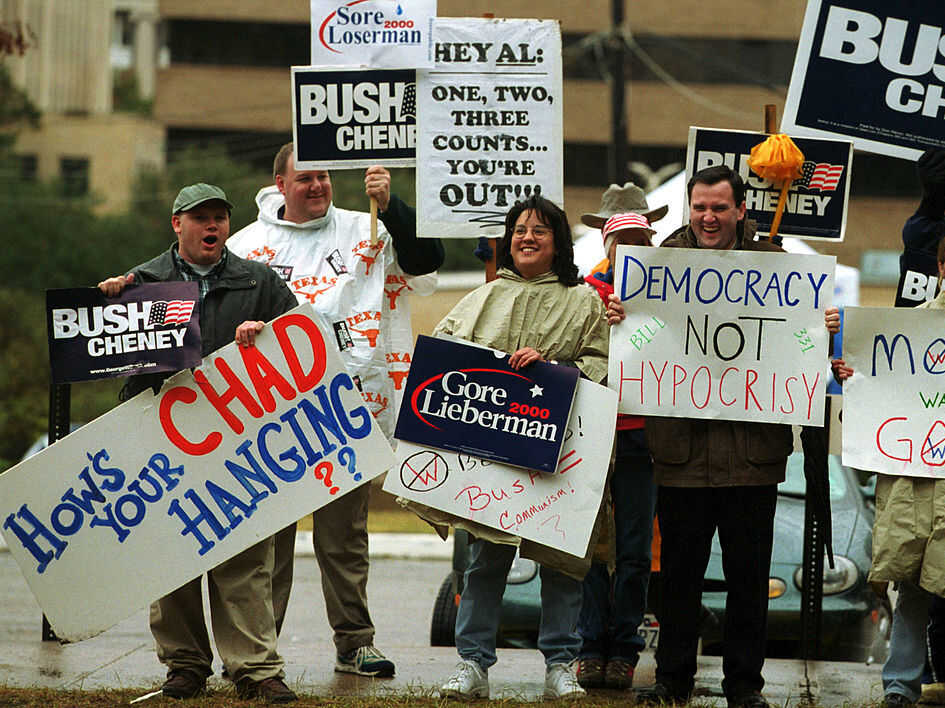NEWYou can now listen to Fox News articles!
A Senate Judiciary Committee hearing on abortion and the legal consequence of the Supreme Court’s decision in Dobbs v. Jackson Women’s Health Organization blew up during a tense back and forth between Mon. Josh Hawley, R-Mo., and Berkeley Law Professor Khiara Bridges when the senator questioned her characterization of who can get pregnant.
After Bridges referred to “people with a capacity for pregnancy,” Hawley asked if she meant women. When the professor stated that some women cannot get pregnant and that some transgender men and non-binary people can, Hawley questioned whether abortion is really a women’s rights issue, as it has historically been presented. This led the professor to accuse Hawley of creating a dangerous situation with his question.
“I want to recognize that your line of questioning is transphobic, and it opens up trans people to violence by not recognizing
